Zacharova after the EP decision: The government of Slovakia perceives the issue of transparency in the civil sector as justified

Bratislava – The decision of the European Parliament (EP) to establish an investigative group for the financing of non-governmental organizations from EU sources only confirms that the issue of transparency in the civil sector is not only current but also completely justified. At the same time, it shows that Slovakia is moving in line with European developments. This was stated on Monday by the Government Commissioner for the Development of Civil Society, Simona Zacharová, referring to the investigation into the financing of non-governmental organizations at the European level, TASR reports.
Zacharová noted that the establishment of the EP investigative group, which Slovakia will closely monitor, arose from long-standing concerns of several political factions – from the Greens, through Socialists to Liberals – about insufficient control and possible conflicts of interest in the allocation of public resources.
“The report of the European Court of Auditors clearly pointed out that European funding for non-governmental organizations was not sufficiently transparent and that the European Commission did not publish clear information about the lobbying activities of funded entities. That is why the steps we are taking in Slovakia towards greater transparency are not isolated but reflect a broader European trend. This is not an attack on civil society – as some critics try to accuse us – but a strengthening of public trust through better control and accountability,” described the situation Zacharová.
She emphasized that as the Government Commissioner for the Development of Civil Society, she advocates a fundamental democratic principle: when it comes to public funds, complete public control must be guaranteed.
She explained that the government’s goal is not to weaken civil society but to support its credibility and fairness. The legislative proposals that the government is working on, according to her, pursue four main objectives: to increase the transparency of the financing of non-governmental organizations; to ensure equality and fairness in the allocation of public resources; to strengthen accountability to taxpayers; and to prevent conflicts of interest and the abuse of support systems.
“Based on foreign recommendations from our partners in Germany, Hungary, and other countries, I have been convinced that the issue of transparency in the civil sector is perceived as important and current in the European space. Slovakia is not alone and is not an exception. On the contrary – we have the opportunity to co-create European standards for the healthy functioning of civil society,” she described the situation. According to her, events in the EU show that the discussion about transparency is not a threat but an opportunity, and openness, accountability, and fairness are prerequisites for citizens’ trust, while trust is the fundamental currency of civil society.
“Slovakia will continue to draw on the best European experiences and actively participate in the joint discussion on what a modern, but above all trustworthy and transparent third sector should look like in the 21st century,” Zacharová stated. (June 23)






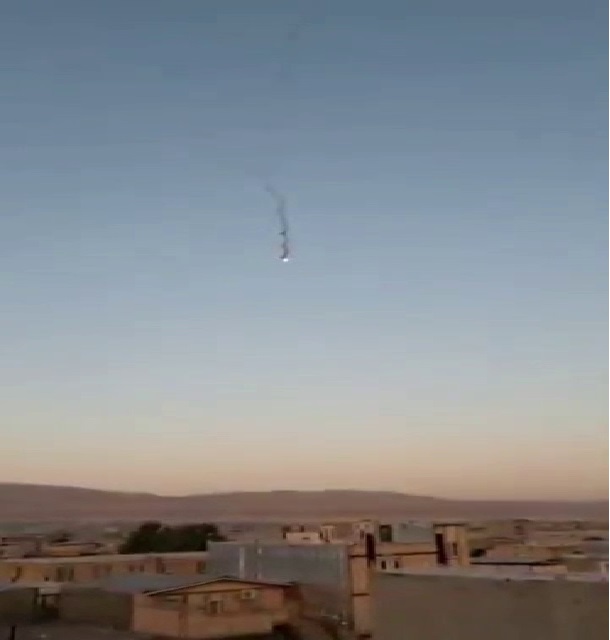

















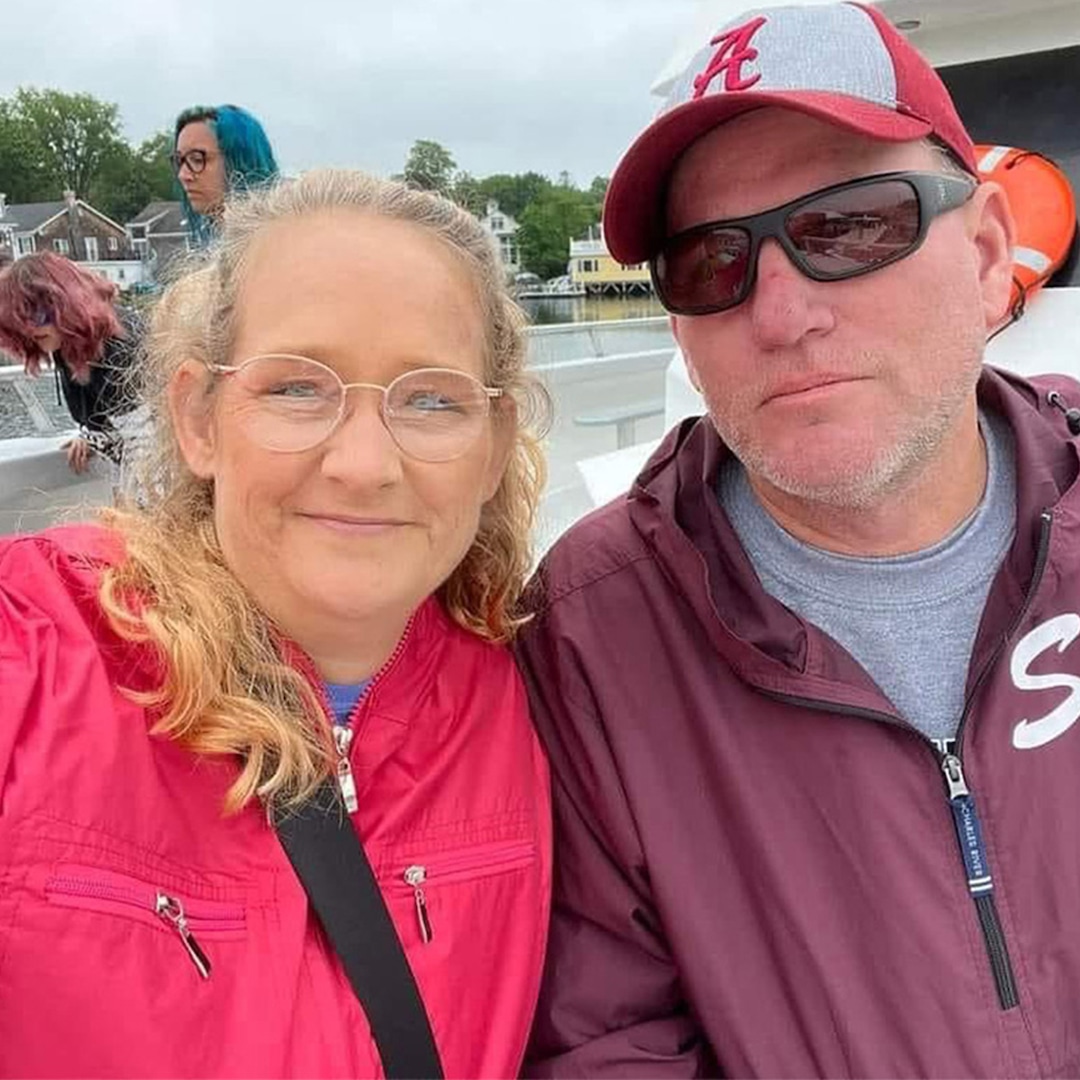




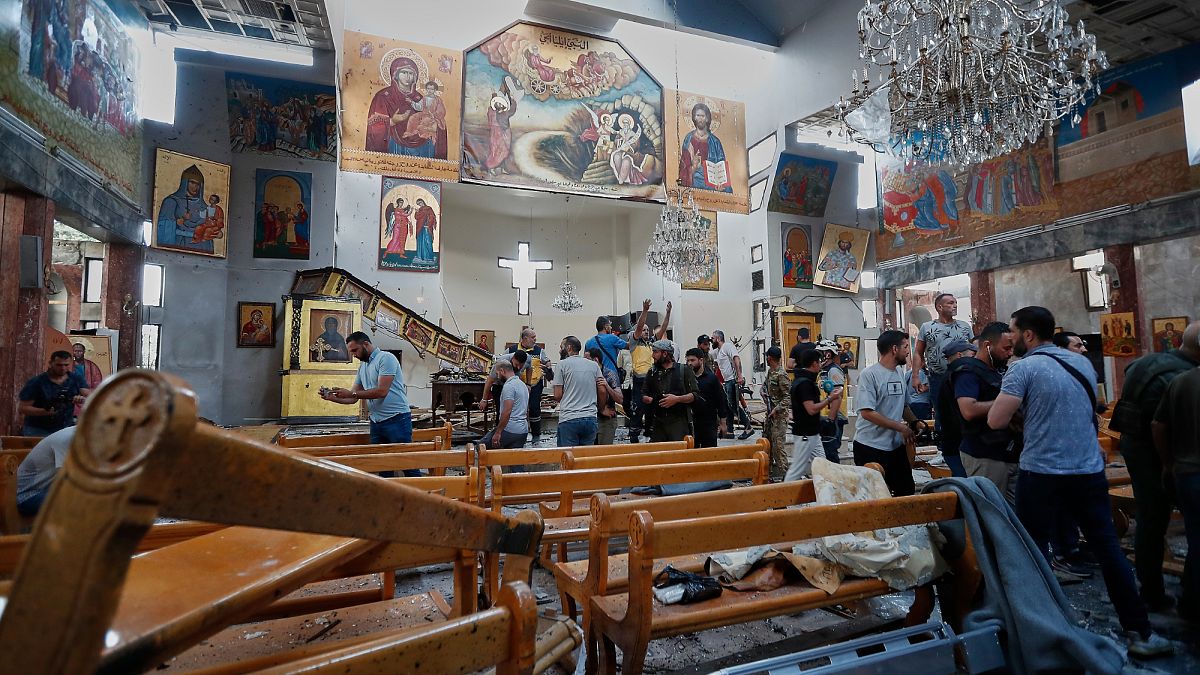















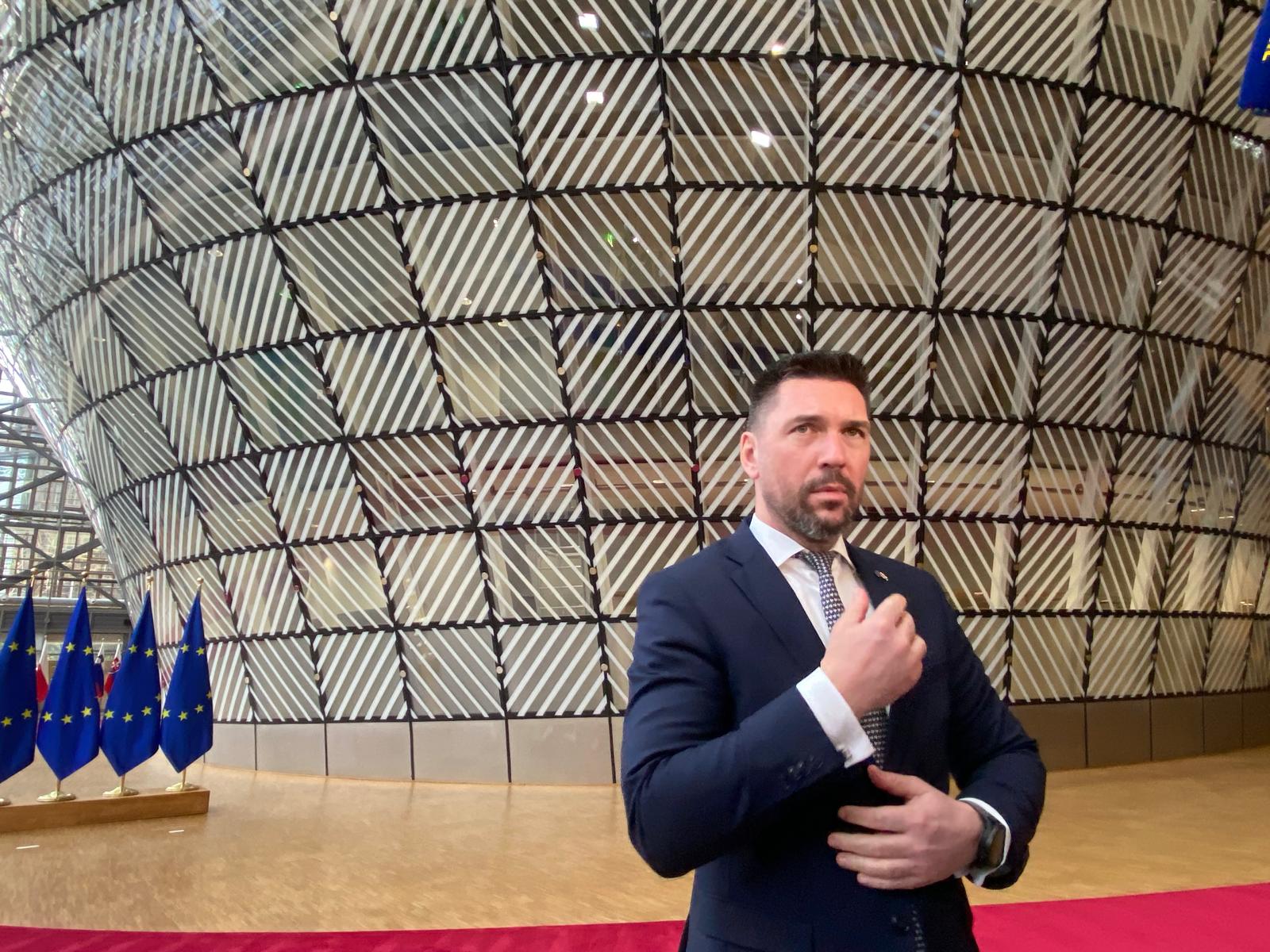
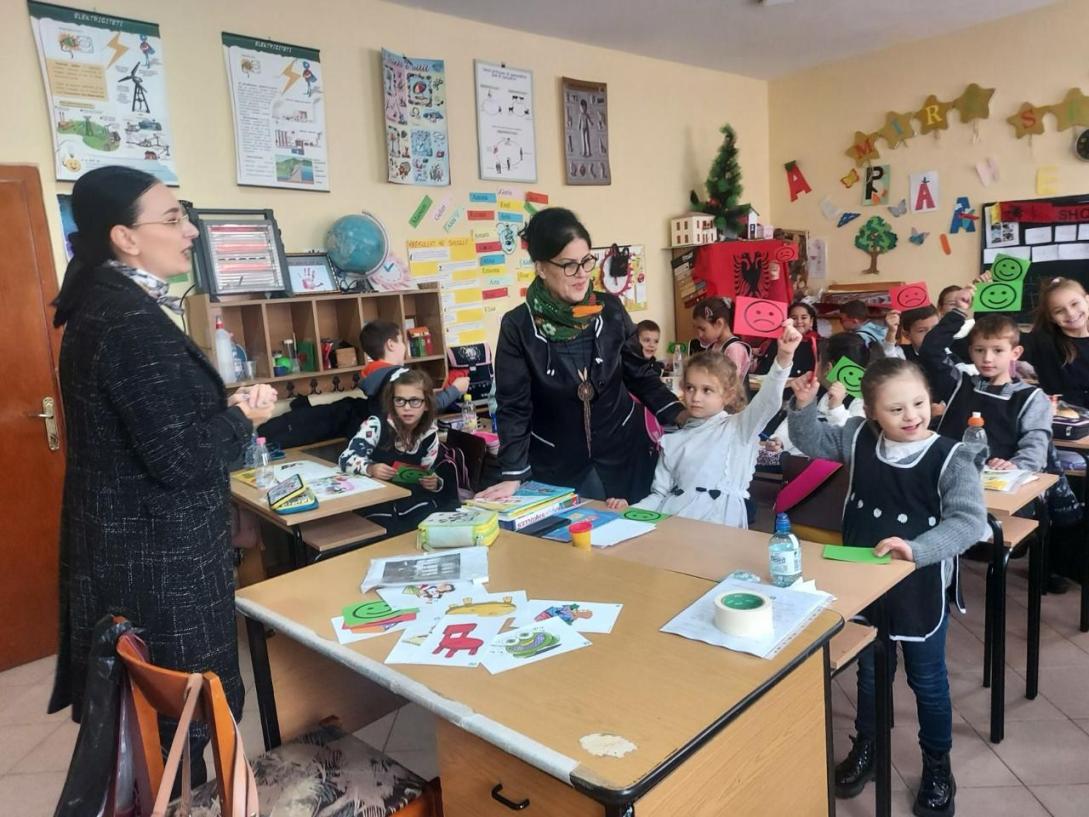
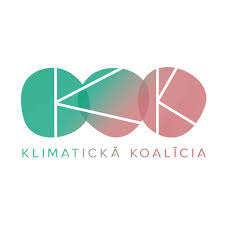


.png?Expires=1838763821&Key-Pair-Id=K2ZIVPTIP2VGHC&Signature=IO0~CT3pU-TcxGc~yoZSmoQx23MZVuK-~4jSii~NKEblRmyO3el7NXPu~Rh1o23voASg7hlcHLw4kvQuDK1jssEhcjoNBBvEpZ~GGOAU6yosBhpHpeF179F~h7i6VxmsBNh9gtTutkoqY73O2YCFey~IAqSzKbBqETP1kP9cAg1916Z1YkJJs-5MliMrkZ5d7-mWGLbpHp2wGj2VlMph8XzYlL4~y1O7fB~JdIS~Rs4RMRs2x0WT1qUIpHAsf3GdwtOyAmKFSpIg8xCyNGZZ5h~13nXlmpd7uPvW8tBfttpG9pFTqcway-uch5WyfHOEfi7UlJCOWrr6fCYY5PMgSg__)







